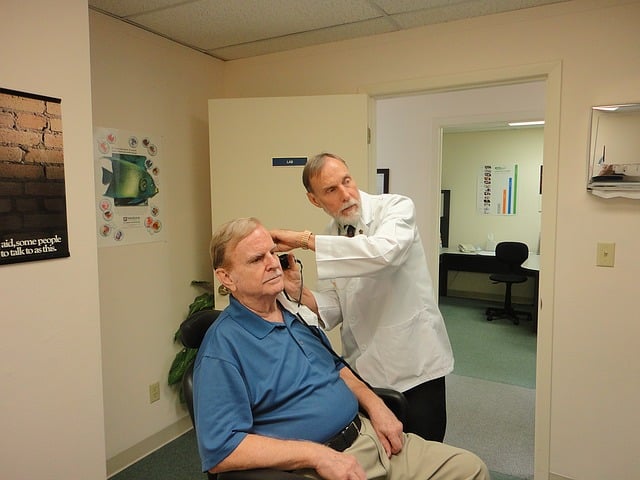Healthy hearing is one of the greatest gifts of all and should be cherished at every moment. In reality, though, it’s very easy to let it go undervalued until problems begin to occur. While hearing loss and related issues can surface at any time, they are far more likely to happen in later life. Being prepared for that time is vital.
Whether you’ve recently spotted the signs of age-related hearing problems or simply wish to stay ahead of the game doesn’t matter. A little understanding goes a long way. Here’s all you need to know on the subject.
Only you can take control of the situation
Most physical health problems can be seen by others. If you need help with your mobility, for example, friends and family may encourage you to gain that support. Hearing problems are impossible for other people to see, though. So, unless they’ve noticed that you keep asking them to repeat themselves, it will be down to you to identify the problem.
There are many signs and symptoms to look out for. From missing the phone to turning the TV up, struggling with conversations to avoiding social gatherings, you must take note. The sooner you seek support, the better.

Hearing loss isn’t the only problem to consider
When considering hearing health problems, hearing loss is the one that naturally springs to mind. In reality, though, hearing loss treatment is just one of many issues that an audiologist can help you with. So, while it is the number one condition that affects millions of senior citizens, you should be aware of the others.
Tinnitus, blocked ear canals, and infections are all among the alternative ear health problems that may be encountered. As with most health issues, though, early detection and treatment are crucial. Do not overlook this for a second.
Not all hearing aids are the same
If hearing loss is identified, there are a number of potential treatments that could be offered. Still, hearing aids are the most likely solution. You may assume that all hearing aids are the same other than the fit. However, there are several degrees of hearing loss including mild, moderate, severe, and profound. Likewise, there are several hearing aid devices to choose from.
The three main types are behind-the-ear, in-the-ear, and receiver-in-canal. An audiologist will discuss the pros and cons of all options, enabling you to make a smarter choice. Meanwhile, if you have dexterity issues or impaired sight, some devices may be better than others.
Treatment needn’t break the bank
Financial worries may prevent you from seeking help, especially if you’re retired. Hearing examinations and hearing aids aren’t very expensive compared to treatments for other health issues. In truth, they are in the same bracket as getting eyeglasses. Even so, this unexpected expense can be problematic, unless you are prepared.
Thankfully, hearing loss and related issues are often covered by insurance premiums. After all, hearing loss will impact your health, safety, and general lifestyle. If you’ve paid for health coverage, do not be afraid to claim what you are entitled to.





